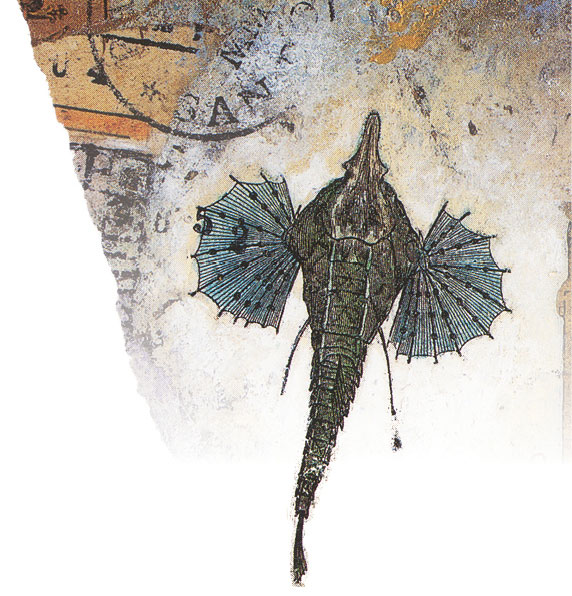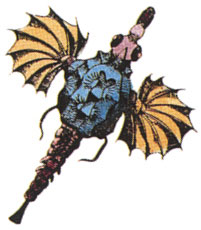 Limerick
Limerick
Even when other types of poetry have fallen from favor, “humorous verse” has always been written, read, and recited. Probably the most endearing and easiest form of humorous poetry on offer is the limerick. First conceived by Edward Lear, the limerick’s popularity has continued to multiply since its birth in 1846, partly because it’s easy to construct the meter (AABBA) and partly because it’s a perfect vehicle for rude ditties. That’s not to say limericks have to be bawdy; it’s just that many of the best ones are inclined to irreverence.
Now, far be it from me to suggest you start composing smutty verse, but if that’s the way it comes off the tip of your pen–who am I to cast the first stone?
Here are a couple of classics, to remind you of their pace and structure:
There was a young man from Darjeeling
Who got on a bus to Ealing
It said on the door
Don’t spit on the floor
So he got up and spat on the ceiling.
There was an old man named Ben
Who had a terrible yen
The problem was not
The how, why, or what
But the who and the where and the when.

Limericks are a great way to write poetry without pressure. The structure is so clear and rhythm so pronounced that it’s relatively easy to add and subtract words in order to work toward a good punch line (clean or otherwise).
Materials: pen and notebook
Time: 5 to 10 minutes for each poem
INSTRUCTIONS
Complete the following limerick:
There was a young man from . . .
Who . . .
When he . . .
His . . .
And now . . .

Then have a second try, using all your own words, but this time make sure the rhymes are more stretched. For example, words like Bulgaria and malaria or gerbil and herbal. Always read the lines aloud–it helps with the cadence. But beware, limericks are addictive. I recently sent my Spain workshop class this exercise, and they were still doing it two days later on the bus ride to Ronda.